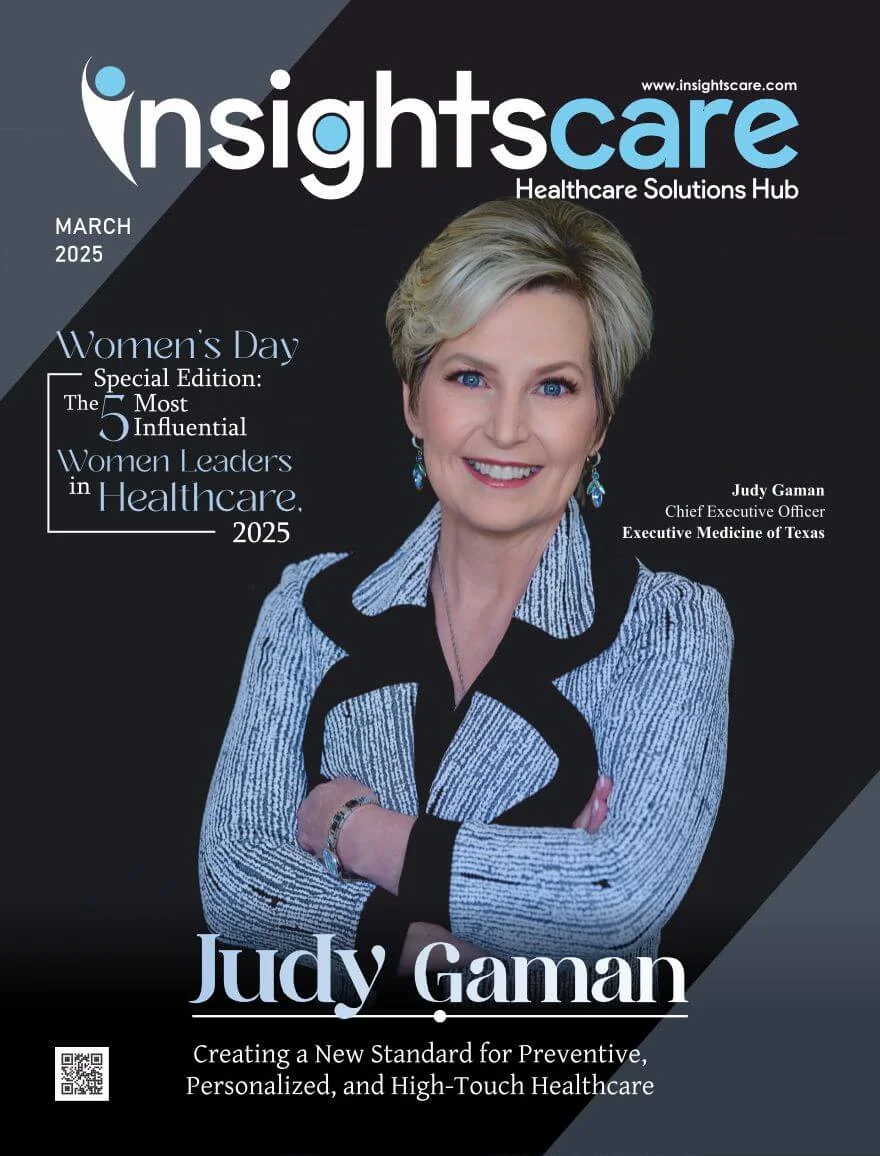Trends and Transformations
The aesthetic industry has shifted dramatically in the last few years and is partially attributed to social networks. Through computer technology and advancement in other aspects, these digital trendsetters have transformed the aesthetics and fashion trends of beauty and fashion to healthcare and consumer trends. For the healthcare practitioners, is important to decipher these changes and how they are likely to affect the practice as well as the patient population.
The Power of Influence
A position that is at the core of this transformation is the unique capacity of social media influencers to influence the consumer choice. (The fact is that millions of people eagerly awaiting their next post, these ‘Internet stars’ have turned into serious marketing assets.) Their decisions make a lot of sense and often, their words are more persuasive than conventional advertising techniques.
In the particular concept of healthcare and aesthetic industries, this is a great change that has an impact on the two either as a benefit or drawback. On one side, influencer marketing can offer invaluable opportunities to reach the target audience. On the other, it has some ethical implications with regards to the distinction possible between real-life recommendations and sponsored content.
Redefining Beauty Standards
Also, there are some positive effects of influencers on the aesthetic industry which might be crucial in this case, the influencers help in changing the perception of beauty. Contrary to earlier years, where the clothing designers and the popular fashion magazines set the pace for what was fashionable, current standards of beauty are driven more and more from below. Consumers turn to friends and other influencers they follow online and thus there is change for the better in the beauty industry.
This has in turn democratized aesthetic by giving more prominence to different shapes, size, color and ethnicity for skin. This shift is especially relevant to healthcare consumers, especially for practitioners providing aesthetic treatments and procedures.
Influencer Marketing: Its Definition and Origin
The impact of social influencers on the decision-making process of customers has given rise to the trend towards influencer marketing. Popular digital influencers have become huge assets to brands that are willing to spend a lot of money to market their products through them. In terms of communication, this has translated to a drastic change of marketing strategies for the aesthetic industry.
Therefore, influencer partnerships can serve as more effective marketing as they appeal to the consumers through credible opinions. However, it comes with a number of issues when it comes to upholding the medical ethics besides the reliability of health informatics in the social networks.
Transparency and Trust
In this regard, one of the biggest challenges faced in the aesthetic industry in relation to influencer marketing is question of authenticity. That way, there will always be confusion between the organic content and paid promotions since the two are closely related. This lack of clarity can in the long run reduce confidence and lead to improper health choices being made.
It is important for all the healthcare providers and aesthetic practitioners in particularly, to ensure that all the marketing initiatives are honest and conducted ethically. Obviously, there is no conflict of interest in some cases; however, every time brands or products are being promoted, the financial relationship should be disclosed since it is legally required in many jurisdictions and tremendously important for patient trust.
Navigating the New Landscape
Thus, as more and more people turn to social media influencers, health-care workers in the aesthetic field have to embrace this reality. This includes:
1. Maintaining the awareness of emerging ideas, new successful artists, and trends in the aesthetic universe.
2. Exploring ways to use social media to enhance patients’ knowledge and involvement.
3. To be ready to discuss patient’s concerns and expectations that were cultivated by social media.
4. Staying ethical and evidential in the clutter of influencer marketing: the ethical and evidential imperative.
Looking Ahead
In the future, social media influencers will continue to play a significant role in shaping the aesthetic industry. By embracing the positive aspects of this digital revolution – such as increased representation and accessibility of information – while mitigating its potential drawbacks, the healthcare community can help guide the aesthetic industry towards a more inclusive, transparent, and patient-centered future.
Healthcare professionals must harness the power of social media influence to promote healthy beauty standards and informed decision-making in aesthetic healthcare.








